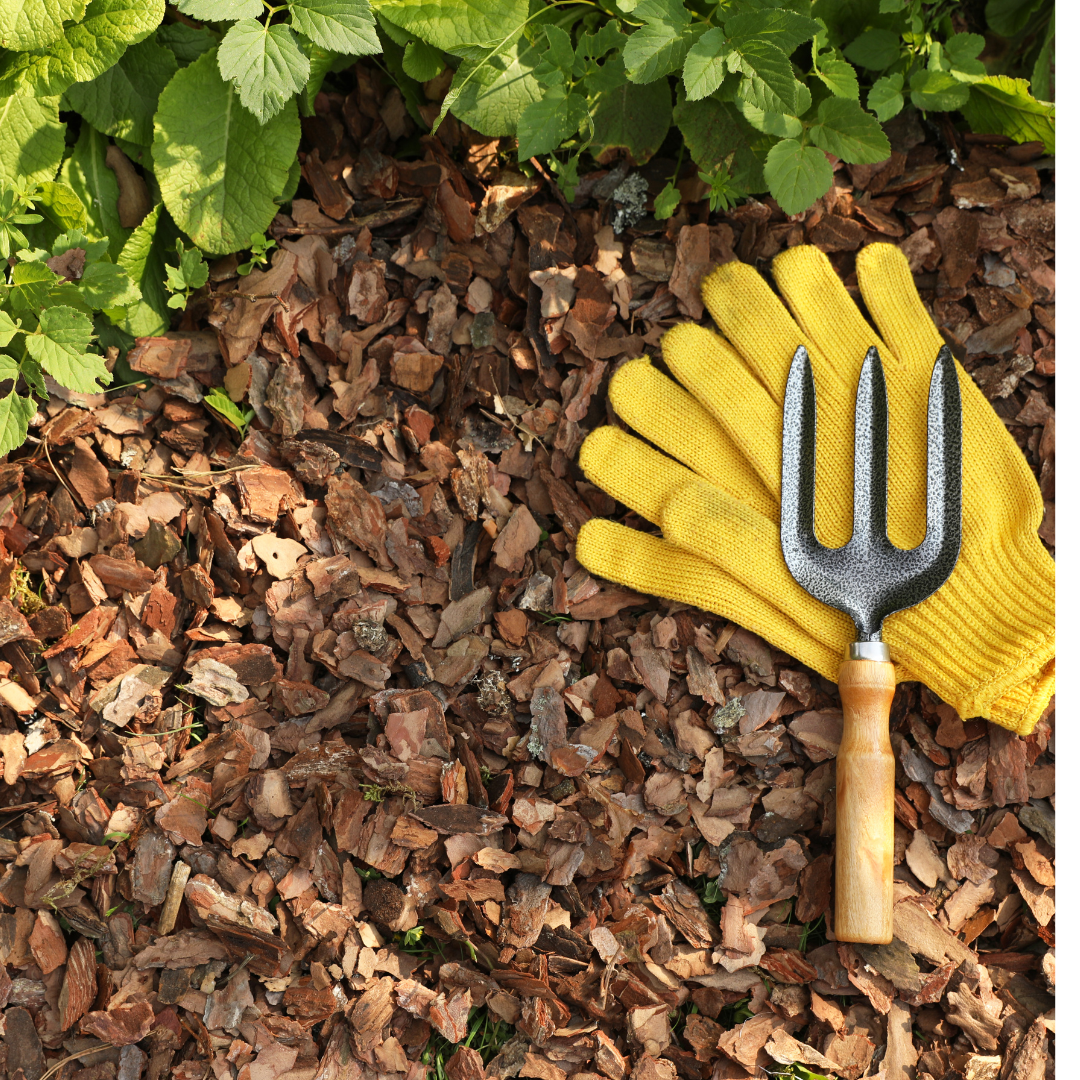How to Reduce Water Usage in Small-Scale Farms
Water is a precious resource, especially for small-scale farms that rely on it for crops and livestock. With climate change and water scarcity becoming bigger concerns, it’s essential to adopt efficient water management practices.
Reducing water usage not only helps the environment but also reduces costs for farmers.
In this article, we will explore practical ways to save water on small-scale farms without compromising crop yields or quality.
1. Use Efficient Irrigation Systems
One of the easiest ways to reduce water usage on farms is by using efficient irrigation systems. Traditional irrigation methods, like flood irrigation, can waste a lot of water through evaporation and runoff. Instead, farmers can invest in more modern systems like:
- Drip Irrigation: This system delivers water directly to the plant’s roots, minimizing evaporation and ensuring that only the plants receive the necessary water.
- Sprinkler Systems: These can also be water-efficient if placed properly and adjusted to avoid water loss to wind and evaporation.
- Soaker Hoses: These hoses release water slowly and steadily along the soil, which helps in absorbing water efficiently.

By using these systems, small-scale farmers can significantly reduce the amount of water wasted, thus promoting water conservation.
2. Monitor and Schedule Irrigation
To further reduce water usage, it’s important to water crops only when necessary. Overwatering can not only waste water but also damage the plants. By monitoring soil moisture levels, farmers can determine the right times to water their crops. Tools like soil moisture sensors can help farmers track how wet or dry their soil is.

Moreover, scheduling irrigation during the early morning or late evening can reduce water loss due to evaporation. Watering during cooler times allows more water to penetrate the soil and reach plant roots, resulting in more efficient usage.
3. Practice Mulching
Mulching is an effective technique to reduce water evaporation from the soil. By covering the soil surface with organic materials such as straw, leaves, or compost, mulching helps retain soil moisture. This reduces the need for frequent watering and improves overall water efficiency.

In addition to conserving water, mulching also has other benefits, including:
- Reducing soil erosion
- Improving soil fertility
- Suppressing weed growth
By using mulch, small-scale farmers can create a more sustainable environment for their crops, saving water and enhancing soil health at the same time.
4. Grow Drought-Resistant Crops
Another great way to reduce water usage on a small-scale farm is by selecting drought-resistant crops. These crops can survive and produce good yields with minimal water. Some examples of drought-tolerant crops include:
- Millet
- Chickpeas
- Okra
- Sweet potatoes
Growing crops that require less water can be an effective solution in regions with limited water availability. By choosing these varieties, farmers can conserve water while still maintaining a productive farm.
5. Rainwater Harvesting
Rainwater harvesting is an excellent method to reduce reliance on external water sources. By collecting and storing rainwater during the rainy season, small-scale farmers can use this water during dry periods. Setting up simple rainwater collection systems, such as gutters and barrels, can provide a supplementary water source for irrigation and other farm needs.

Rainwater is free, and natural, and can significantly reduce the amount of water used from wells or municipal sources. It’s an affordable and eco-friendly solution for small farms.
6. Improve Soil Health
Healthy soil can retain more water, reducing the need for frequent irrigation. Improving soil health through organic matter, compost, and natural fertilizers can help boost its water-holding capacity. When soil is rich in organic materials, it becomes more porous, allowing water to infiltrate and stay in the ground for longer periods.

Additionally, practicing crop rotation and cover cropping can improve soil structure and water retention. These practices help prevent soil from becoming compacted, which can lead to water runoff and reduce soil moisture.
7. Use Greywater for Irrigation
Greywater is water that has been used for household activities like washing dishes, laundry, or bathing. Although this water is not suitable for drinking, it can be reused for irrigating plants. Small-scale farmers can use greywater for non-food crops like trees, shrubs, and flowers.
By reusing greywater, farms can reduce their dependence on freshwater sources. However, it’s important to ensure that greywater is free from harmful chemicals before using it on crops.
8. Implement Agroforestry
Agroforestry involves integrating trees and shrubs into farming systems. This method has multiple benefits, including reducing water usage. Trees provide shade, reduce evaporation, and help maintain soil moisture. Their deep root systems can also bring up water from deeper soil layers, which benefits nearby crops.

In addition to water conservation, agroforestry can improve biodiversity, protect against wind erosion, and enhance the overall sustainability of small-scale farms.
Conclusion
Reducing water usage on small-scale farms is essential for sustainability and cost savings. By implementing efficient irrigation systems, monitoring soil moisture, practicing mulching, and adopting drought-resistant crops, farmers can conserve water without sacrificing crop yields.
Rainwater harvesting, improving soil health, and using greywater for irrigation are other effective strategies that can make a significant impact.
With these techniques, small-scale farmers can thrive while protecting valuable water resources for the future.
